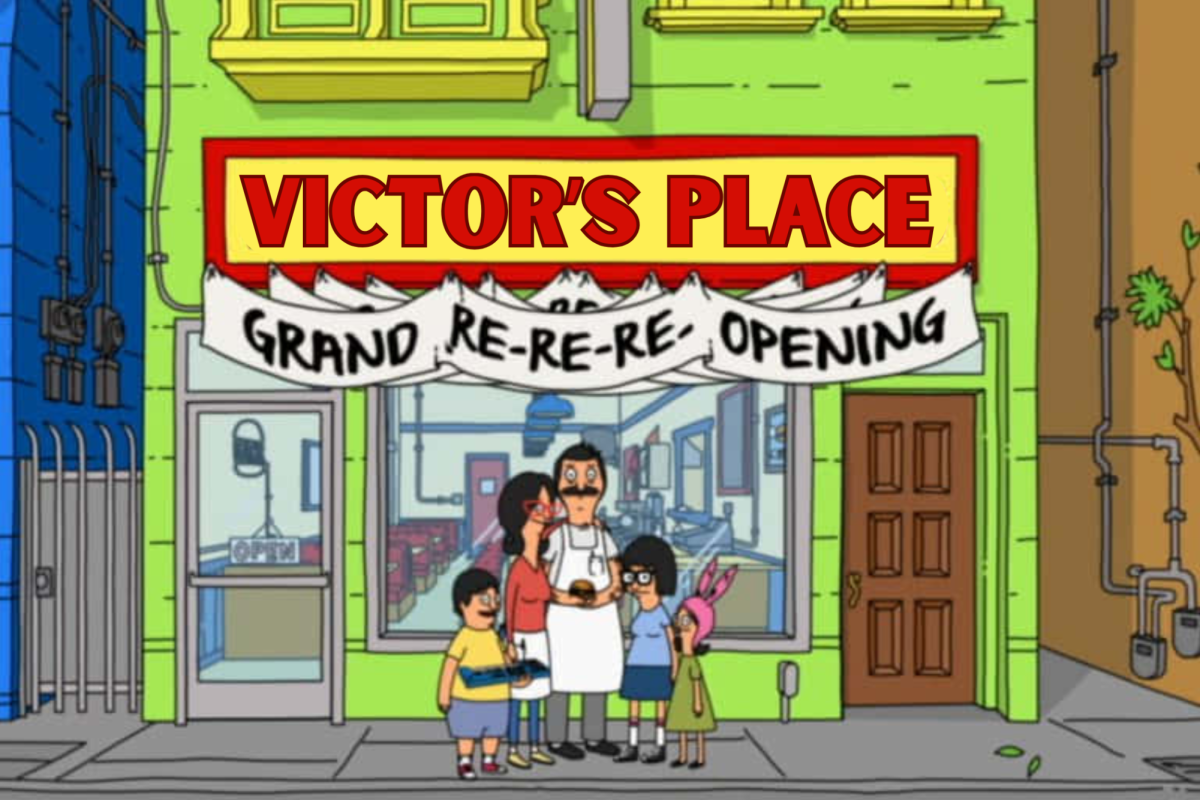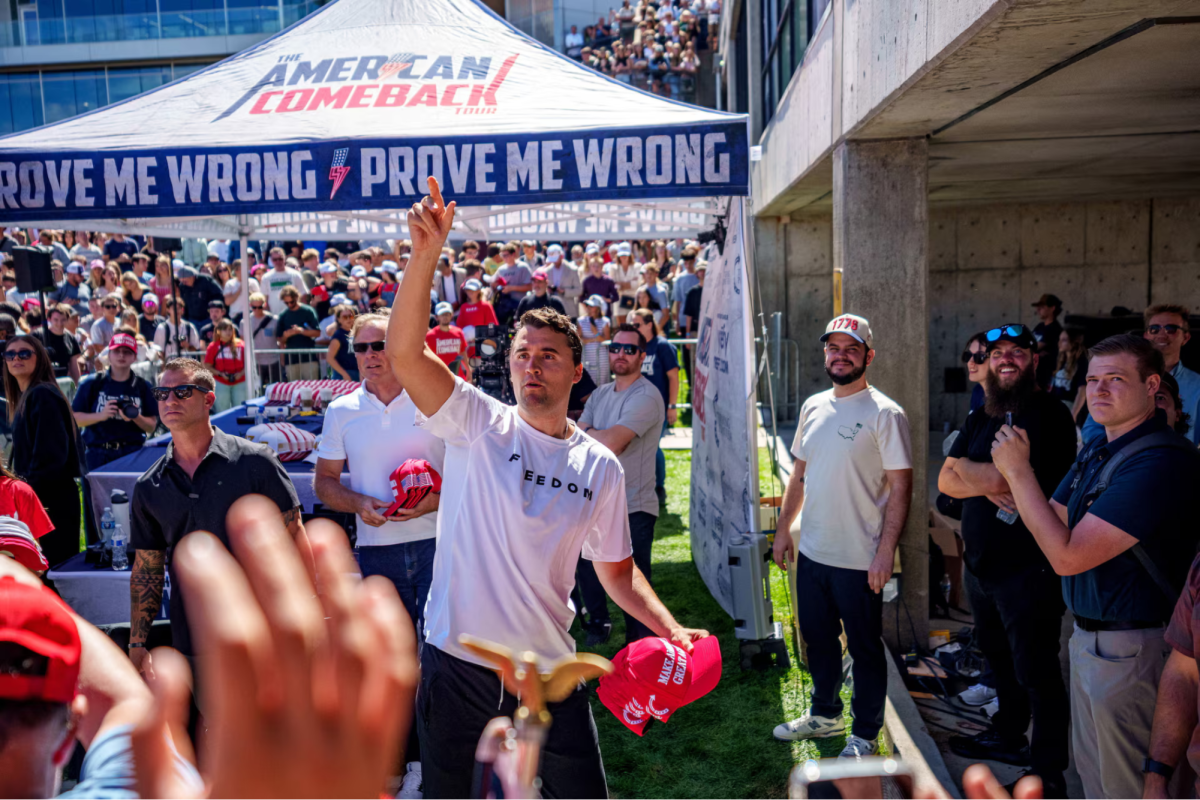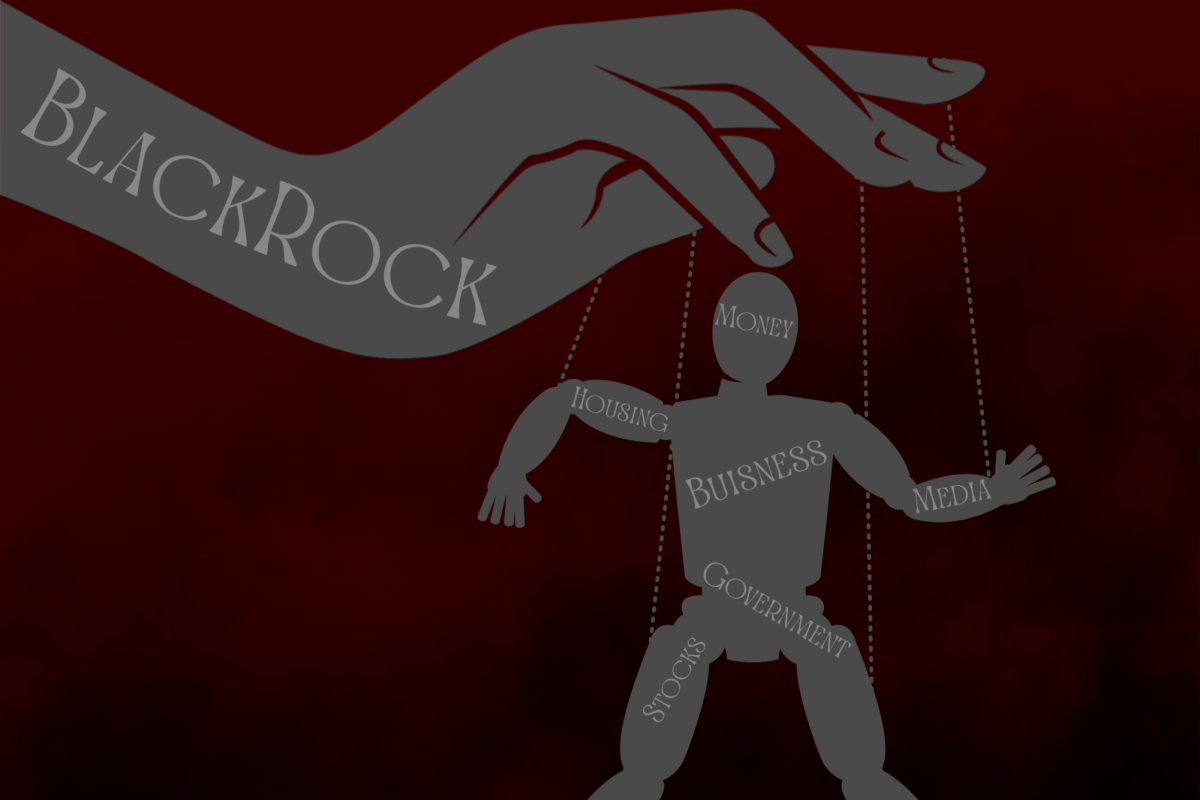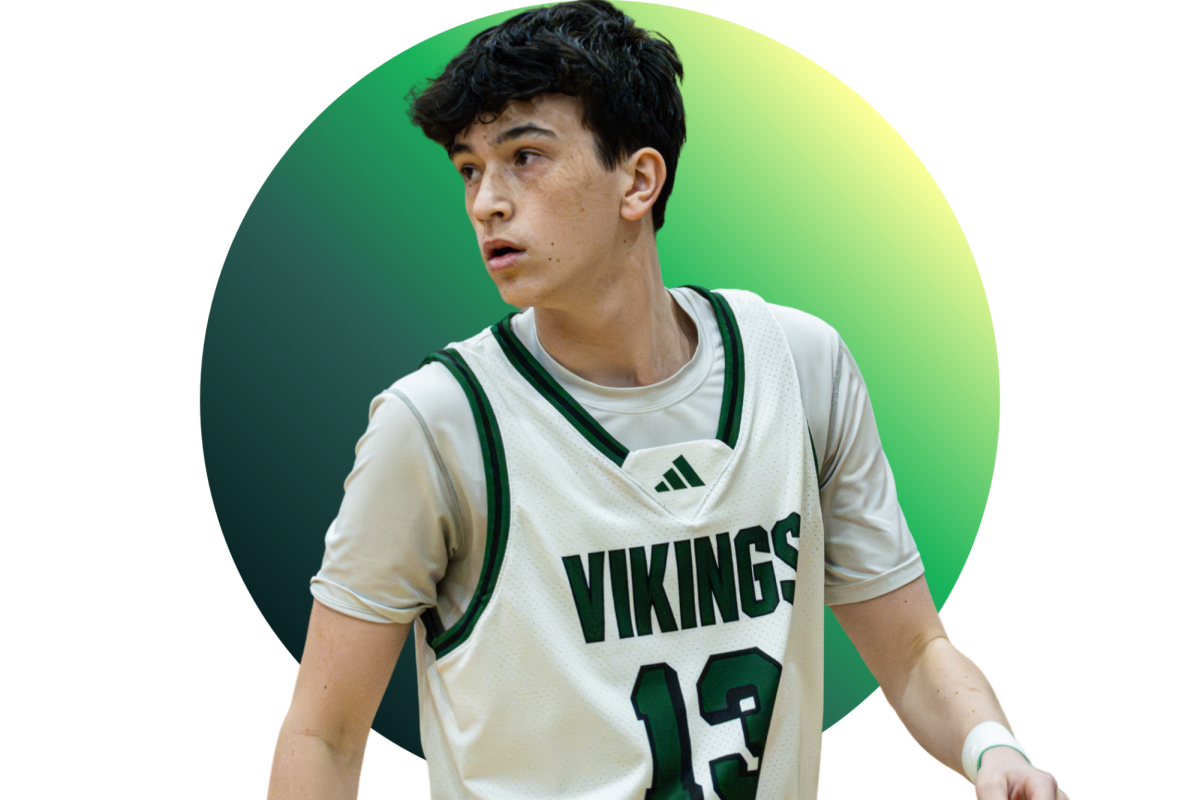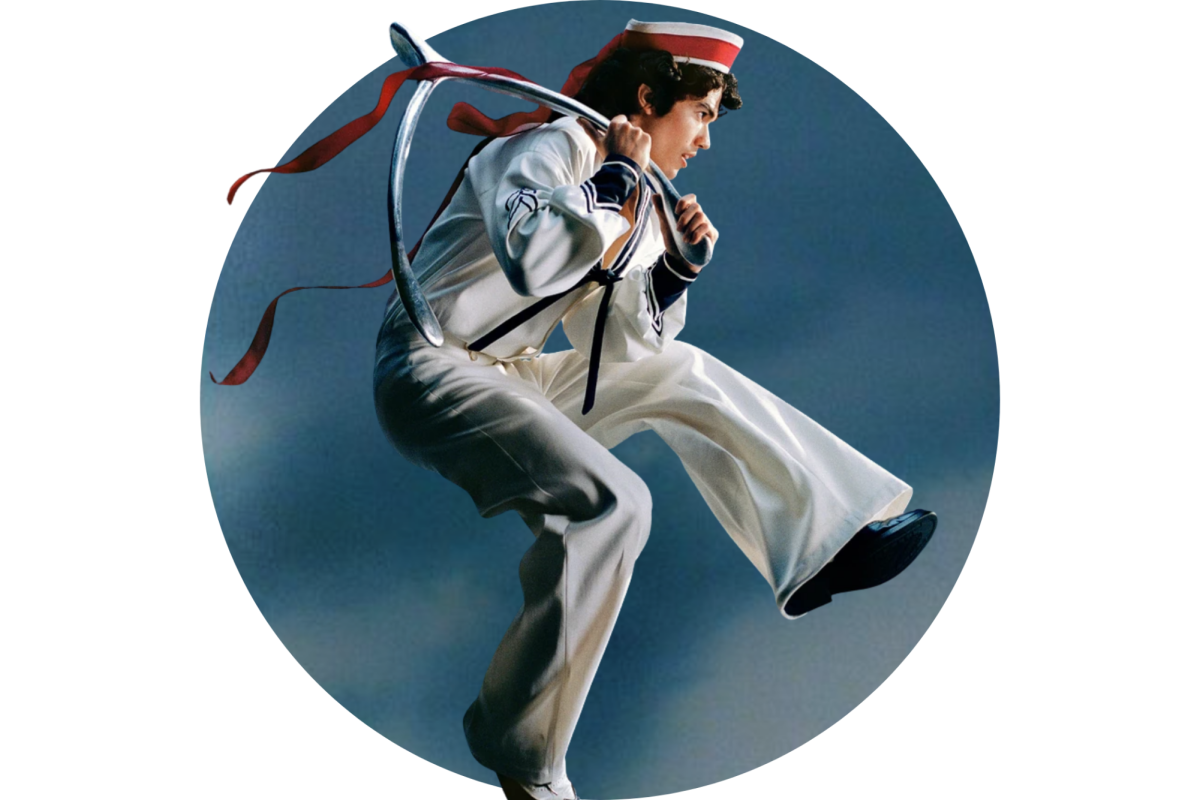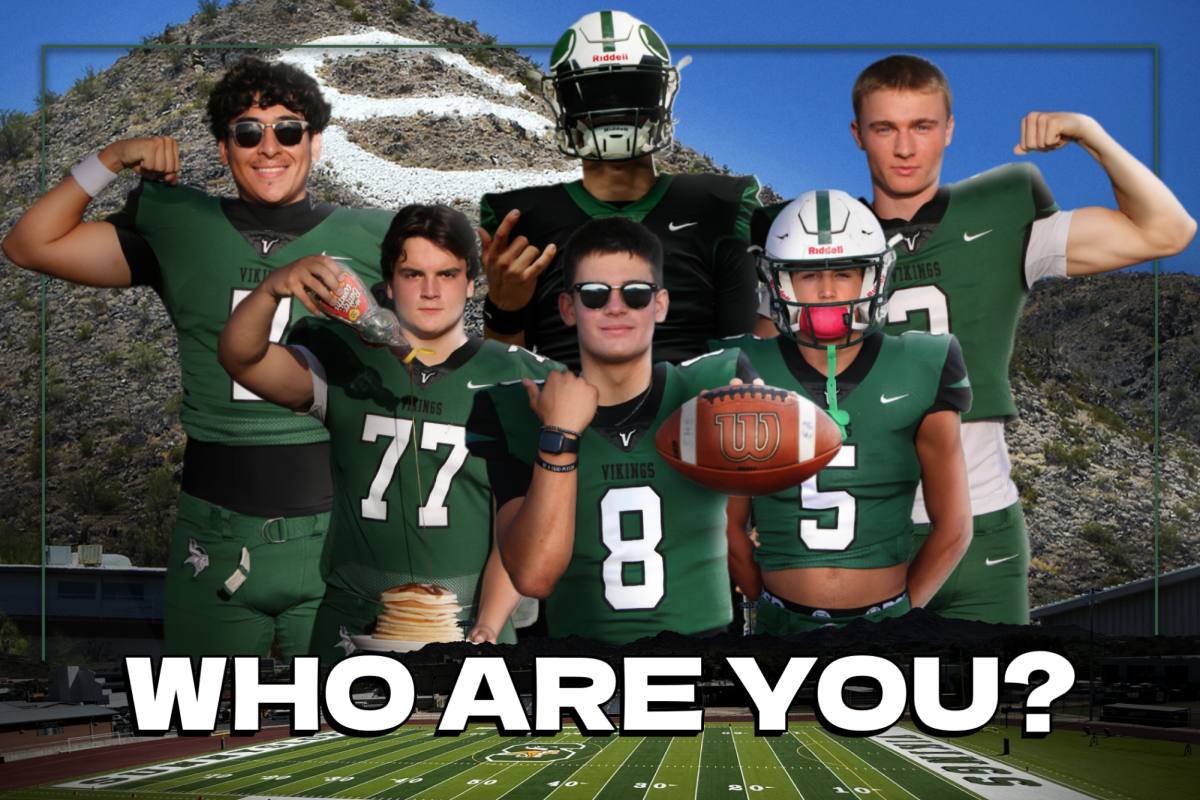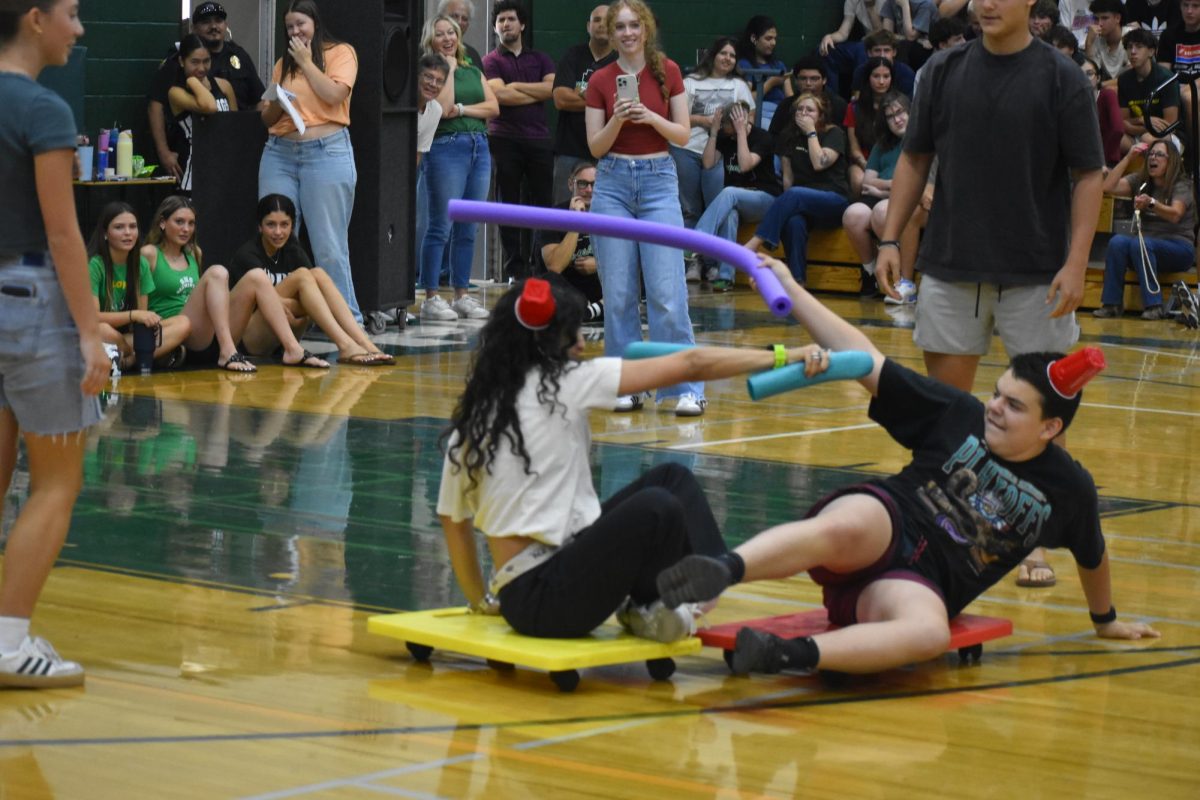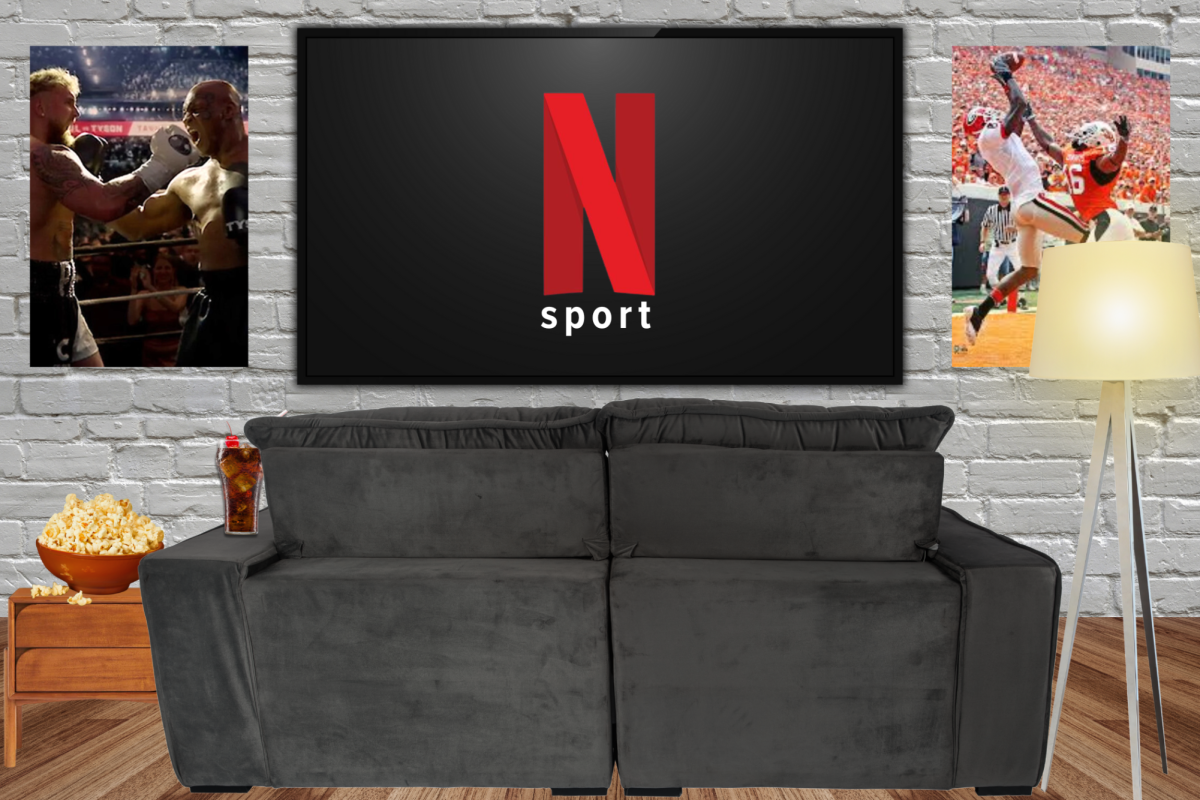Stranger Things.
Bridgerton.
Wednesday.
Squid Game.
And Monday Night Football.
What do all of these have in common?
They’re all Netflix originals.
That’s right—Netflix is now a double threat, offering not only movies and television shows but also live sporting events.
Their first televised sporting event was the highly anticipated boxing match between Jake Paul and Mike Tyson on November 15. The event drew a record “65 million concurrent streams,” according to CBS News.
With millions tuning in, Netflix generated over “1.4 billion owned impressions across its global social channels,” said Sports Video Group.
Since then, Netflix has ventured into football, broadcasting two NFL games on Christmas Day: the Kansas City Chiefs vs. the Pittsburgh Steelers and the Houston Texans vs. the Baltimore Ravens, with a halftime performance from Beyoncé.
According to SportsCal, “the two games averaged 26.5 million U.S. viewers,” with the Ravens vs. Texans game attracting over 24.3 million viewers and the Chiefs vs. Steelers game drawing over 24.1 million.
Many critics now claim that “Netflix is poised for live sports dominance in 2025,” said Viant Technology LLC.
Since adding sports to its streaming service, Netflix has gained over 19 million new subscribers (Rant Sports).
This sudden shift in content has elevated Netflix to a whole new level, putting it in the ranks of powerhouses like Fox, CBS, NBC, and ESPN. But will it succeed in the long run?
Although Netflix has seen a wave of new subscribers due to its sports expansion, many viewers believe it should stick to streaming movies and TV shows instead.
Sophomore Neela Birdwell said, “I don’t think it makes sense for Netflix to stream games because its purpose is to stream movies and TV shows.”
Since entering the world of live broadcasting, Netflix has faced a multitude of technical issues.
Many fans were excited about the Jake Paul vs. Mike Tyson fight but were ultimately disappointed when the stream began to lag.
Viewers found the experience frustrating due to persistent streaming issues throughout the night.
Junior Jake Steimel said, “The lag was horrible and unwatchable.”
From buffering at pivotal moments to kicking out viewers because the platform couldn’t handle the traffic, it raises the question: Is Netflix really ready to compete with the sports broadcasting giants?
Fan favorites like ESPN and Max don’t suffer from such technical difficulties during live events, leading customers to gravitate toward them instead of Netflix.
As things stand, Netflix will need more time to upgrade its platform with the necessary resources to ensure smooth, glitch-free sports broadcasts that provide an enjoyable experience for viewers at home.




